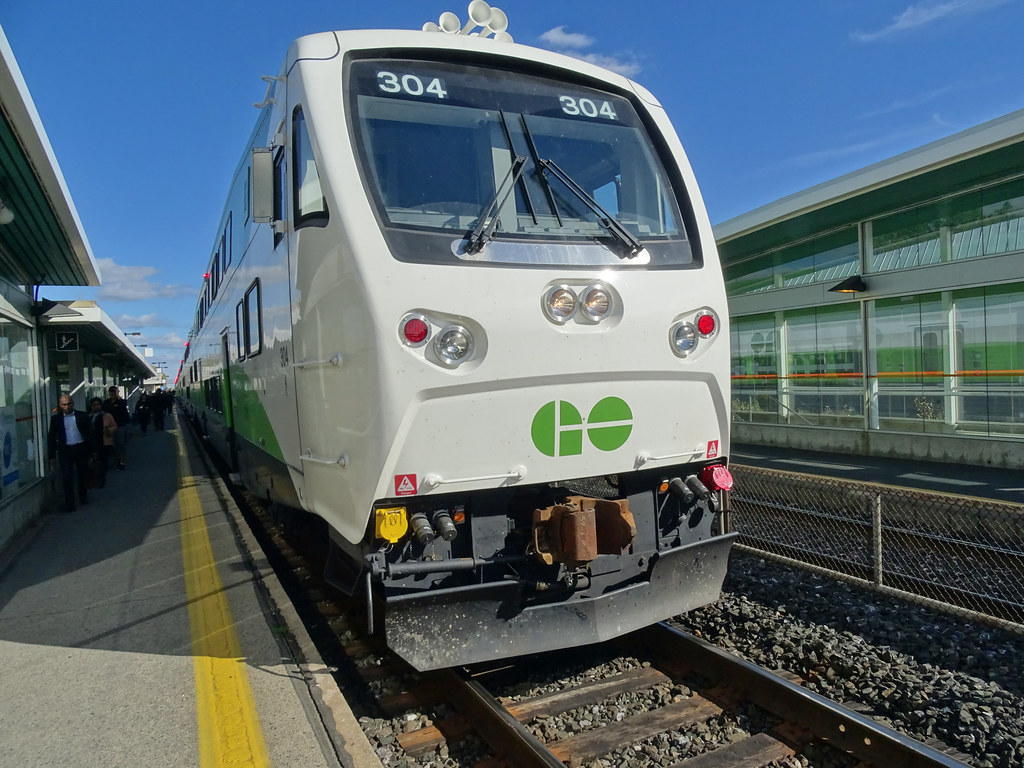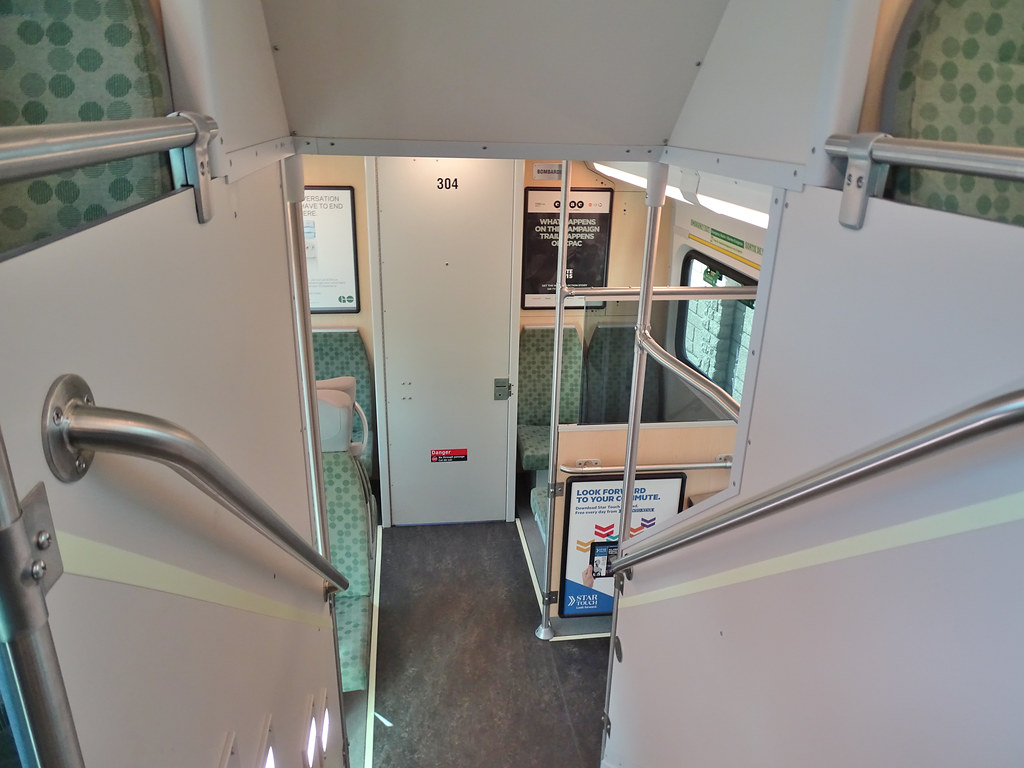drum118
Superstar
Oct 22






Until they get more cabs, can't be done. You can have it with 9-11 cars plus the current cab. This train has been running with the standard cab car for sometime. its also the first time for me to see a 100% trainCool! I think that's the first time I've seen a train all in the new livery. Makes me wonder why they don't do that more often, instead of awkwardly mixing the new cars in among the old.
I'd think Uber would help with the last mile problem for regional transit no? People could take it to the nearest GO station? I wonder how many do so, maybe things like that could ease parking requirements?
The city is considering opening to bidders other than BIXI. Which might include SoBi or other smartbike-dumbdock system. Electronic U-bars are built into SoBi bikes so they can dock to anything, even a stop sign pole or parking meter pole...EDIT: well looks like its happened at some stations for Zip, and Bixi by end of 2017
http://www.zipcar.ca/gotransitGTHA
http://www.thestar.com/news/gta/tra...to-double-with-49-million-from-metrolinx.html
I'd think Uber would help with the last mile problem for regional transit no? People could take it to the nearest GO station? I wonder how many do so, maybe things like that could ease parking requirements?
The son of DIAL-A-BUS!




